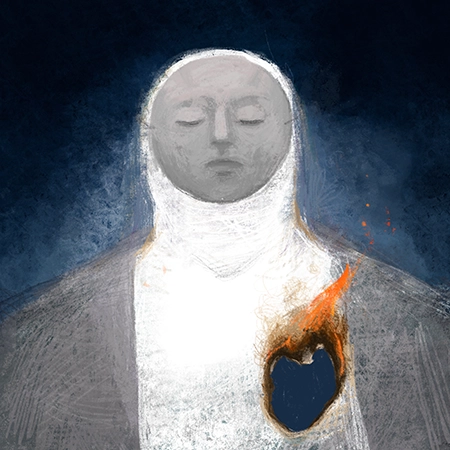Learn All About Sufi Symbolism
In Sufi poetry, particularly in the works of Rumi and Hafez, the use of seemingly ecstatic symbols like wine, drunkenness, and taverns evoke the feeling of intoxication. While at first glance, these terms may suggest hedonism and chaos, they actually represent a deeper spiritual journey.
Sufism emphasizes the experience of divine love, which can induce a state of selflessness akin to drunkenness. But only in experiencing divine love, the individual transcends their ego and experiences a profound connection to something greater.“Whatever can be expressed in words is not Sufism.”














